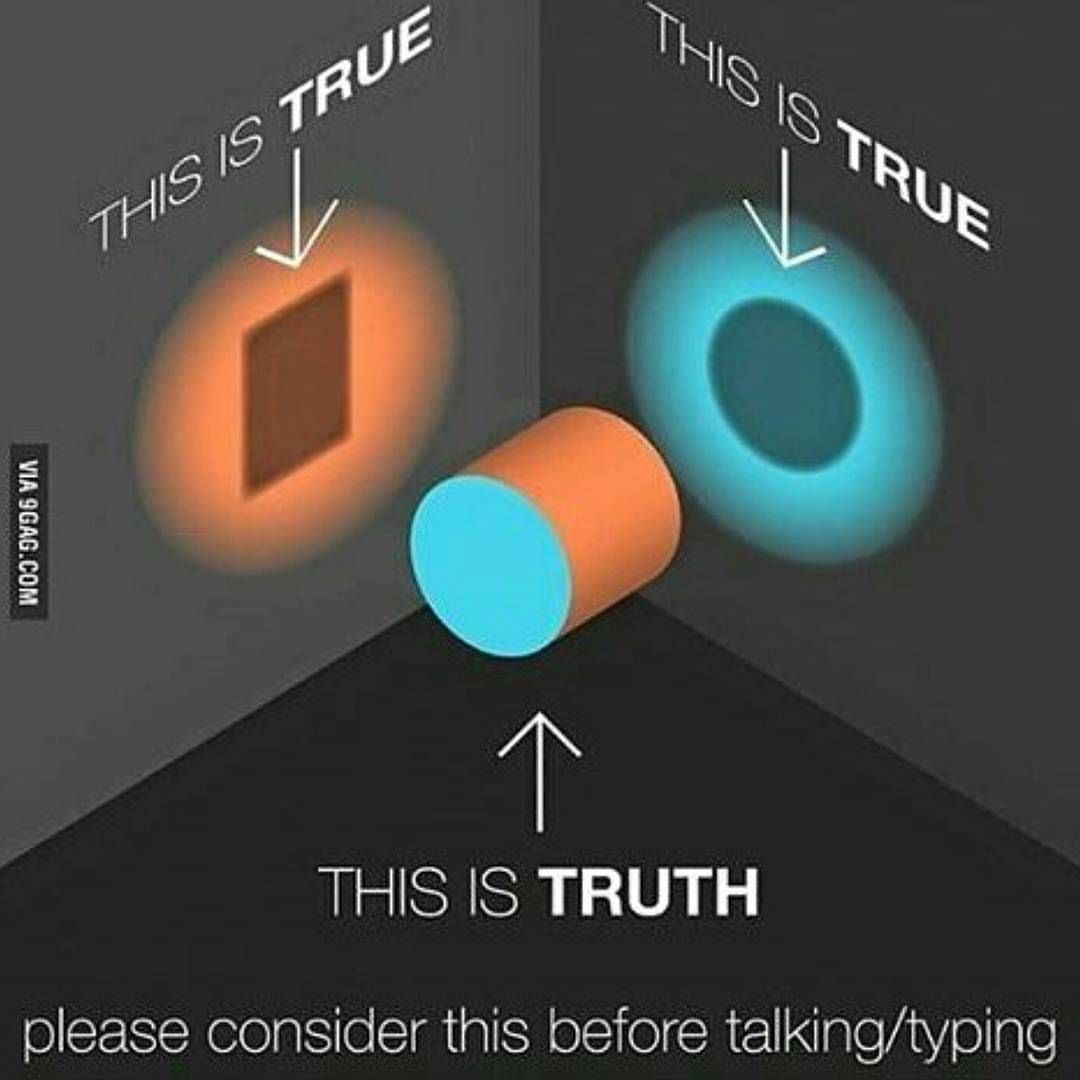Think of something you really believe to be true.
Got it? Ok. Now think what information or proof you& #39;d need to be presented with to stop believing it& #39;s true.
If you can& #39;t think of anything, it& #39;s not a belief.
It& #39;s faith.
Faith is a belief that can& #39;t be disproved.
Got it? Ok. Now think what information or proof you& #39;d need to be presented with to stop believing it& #39;s true.
If you can& #39;t think of anything, it& #39;s not a belief.
It& #39;s faith.
Faith is a belief that can& #39;t be disproved.
Billions of people around the world find comfort in faith every day. I don& #39;t just mean religious faith. I mean anything you hold dear, that nobody can argue against.
That can be empowering, and lead to good actions. But it can also induce fear, hate and prejudice.
That can be empowering, and lead to good actions. But it can also induce fear, hate and prejudice.
I know that I& #39;m biased toward optimism. It& #39;s great in terms of maintaining a positive outlook, but not great when someone raises my bet in a game of Texas Holdem.
One of the ways I try to mediate my optimism is to speak to smart people with opposing views on topics dear to me.
One of the ways I try to mediate my optimism is to speak to smart people with opposing views on topics dear to me.
Often, when I have those conversations, they set me off. My heart races, I get agitated, my face flushes - these are very primal defense responses. I& #39;m feel threatened because my beliefs are being threatened. My brain is preparing me for a fight or flight response.
When this happens, the best parts of my brain literally shut down. This is useful when being chased by lions on the savanna, but extremely not useful when I& #39;m arguing with libertarians on the Twitter. That primitive, reptilian part of my brain is, well, stupid.
We know that learning a new musical instrument or language, or any problem-solving, all do wonders for our cognitive capacity. These activities are like gym for your brain. If we exclude testing our core beliefs, we are forgetting a critical part of our exercise regime.
Questioning core beliefs is a powerful form of mental yoga. Neuron pilates. But it& #39;s not always best done in an argument, where your croc brain does the thinking. If anything that makes us dumber. The best way to test core beliefs is proactively, and intentionally.
Just like any other exercise plan, this one starts with a warm-up. That warm-up is a question:
What would need to be true for me to change my mind about this?
Step 2 is writing that down so you can& #39;t shift the goal posts later.
Step 3 is investigating it with an open mind.
What would need to be true for me to change my mind about this?
Step 2 is writing that down so you can& #39;t shift the goal posts later.
Step 3 is investigating it with an open mind.

 Read on Twitter
Read on Twitter


